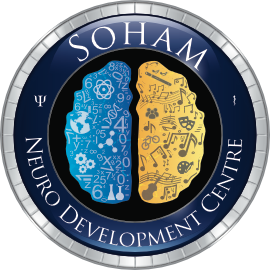
Depression
Depression is a mood disorder that involves a persistent feeling of sadness and loss of interest in activities. However, a diagnosis of depression is often difficult to make because clinical depression can manifest in so many different ways.
Observable or behavioral symptoms of clinical depression may sometimes be minimal despite a person experiencing profound inner turmoil. Some of the symptoms include reduced interest or pleasure in activities once enjoyed, a loss of sexual desire, changes in appetite, unintentional weight loss or gain, changes in sleeping patterns, agitation and restlessness, slowed movement and speech, fatigue or loss of energy, feelings of worthlessness, guilt, difficulty thinking, concentrating and making decisions. The person may have suicidal thoughts as well.
Speaking with a therapist will assist one in developing skills too cope with negative emotions. Based on the extent and severity of the problem, family or group counseling may also be helpful. The psychotherapist examines the causes and potential solutions to their concerns. Therapists help individuals with depression build new ways of thinking and reacting, thus teaching them how to not get overwhelmed by the depressive thoughts.
